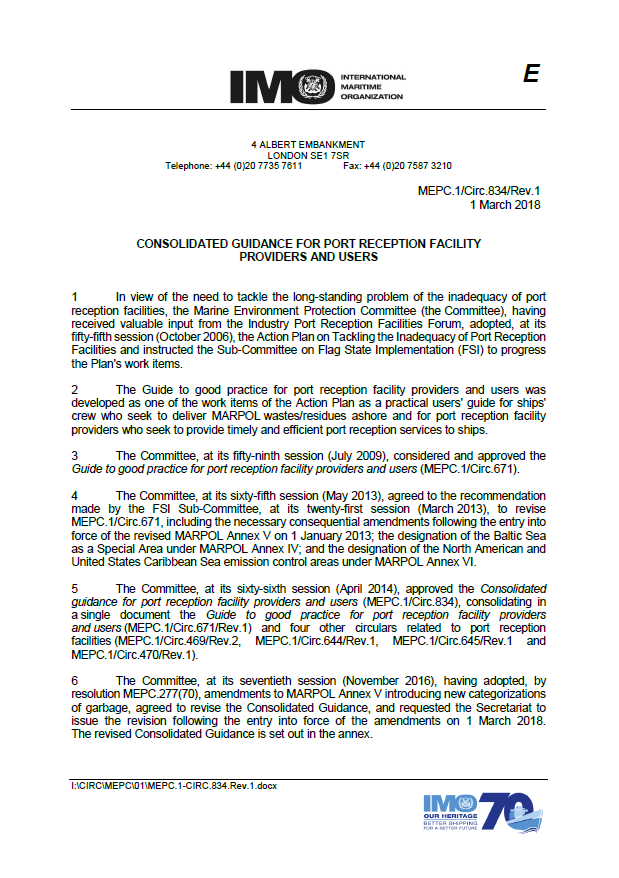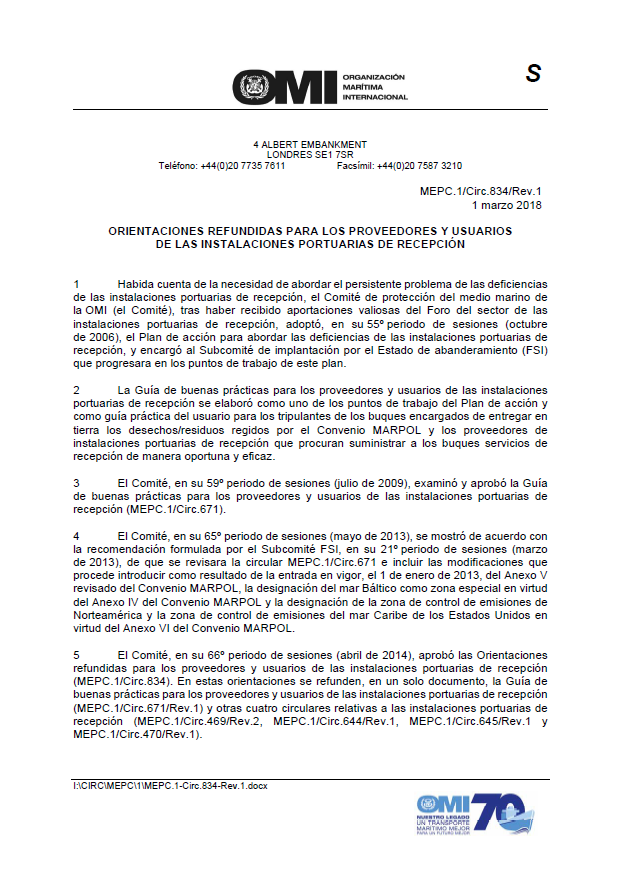Marine Waste Collection
The proper handling of ship waste is essential for the protection of your crew, passengers, and the environment, as well as to remain compliant with local and international regulations.
Ship waste disposal is a critical aspect of maritime operations, aimed at managing and minimizing the environmental impact of waste generated on vessels. With the increasing focus on sustainable practices, marine waste collection and management have become paramount in preserving marine ecosystems and liability of the maritime industry.
Marine waste includes solid waste, such as food scraps, packaging materials, and other non-hazardous materials, as well as hazardous waste, such as chemicals, oily residues, and sewage. Effective marine waste collection systems involve the use of designated waste storage areas and proper segregation practices, ensuring that different types of waste are properly sorted and stored for further treatment or disposal. It aims to reduce the release of harmful substances into the marine environment, preventing pollution and minimizing ecological damage, such as the International Maritime Organization’s (IMO) MARPOL Convention, which sets guidelines for the prevention of marine pollution from ships.
Ship waste disposal services play a vital role in promoting sustainable marine waste management. By implementing efficient collection systems, adhering to strict regulations, and adopting innovative waste treatment and recycling methods, ship waste management companies can minimize the environmental impact of waste generated on board. Through collaborative efforts and a commitment to responsible waste management practices, the maritime industry can contribute to cleaner oceans, healthier ecosystems, and a more sustainable future.
We invite to maritime community, customers, users and seafares, to review more relevant information this mater from IMO - Marine Environment Protection Committee (MECP).


